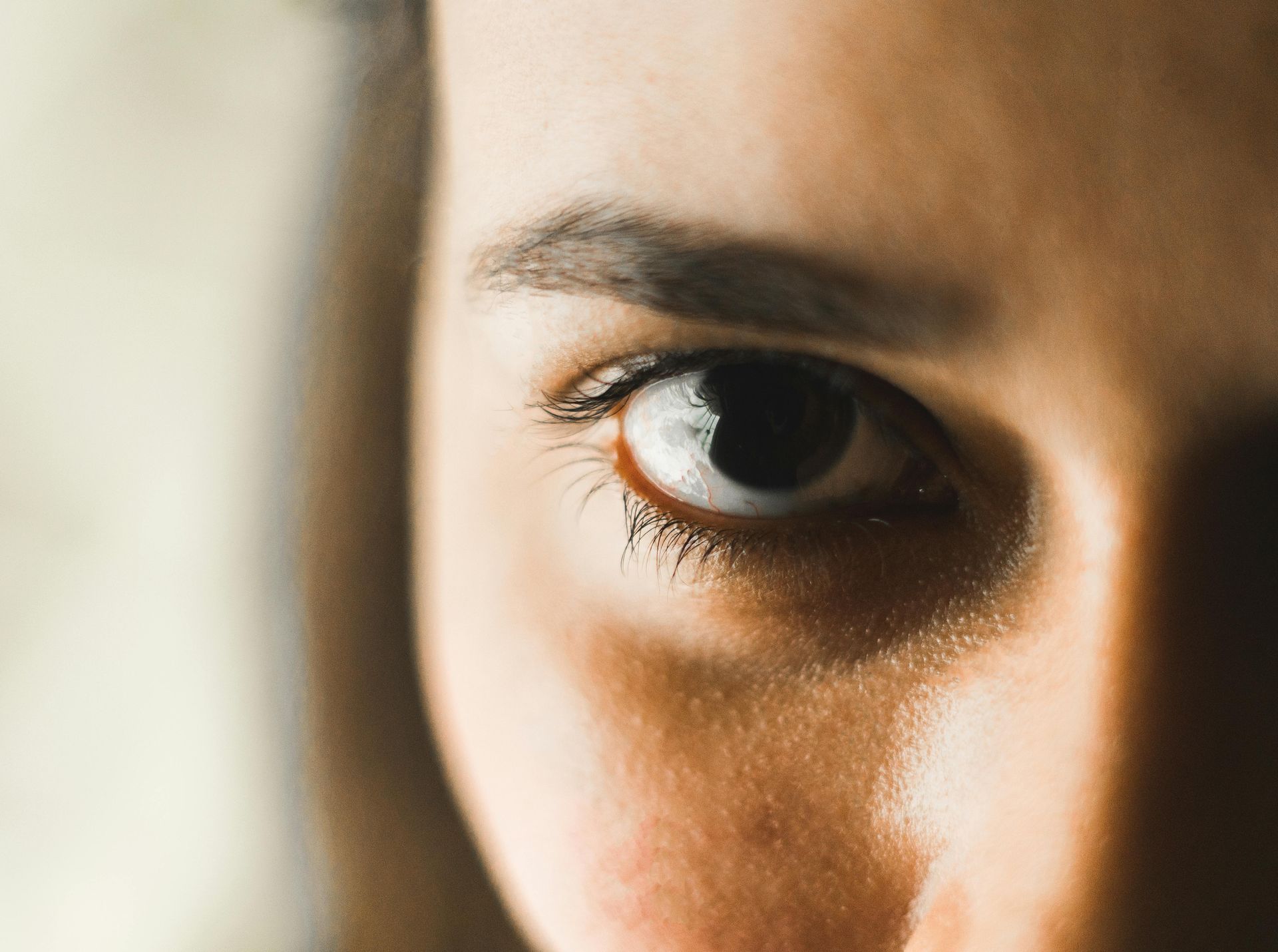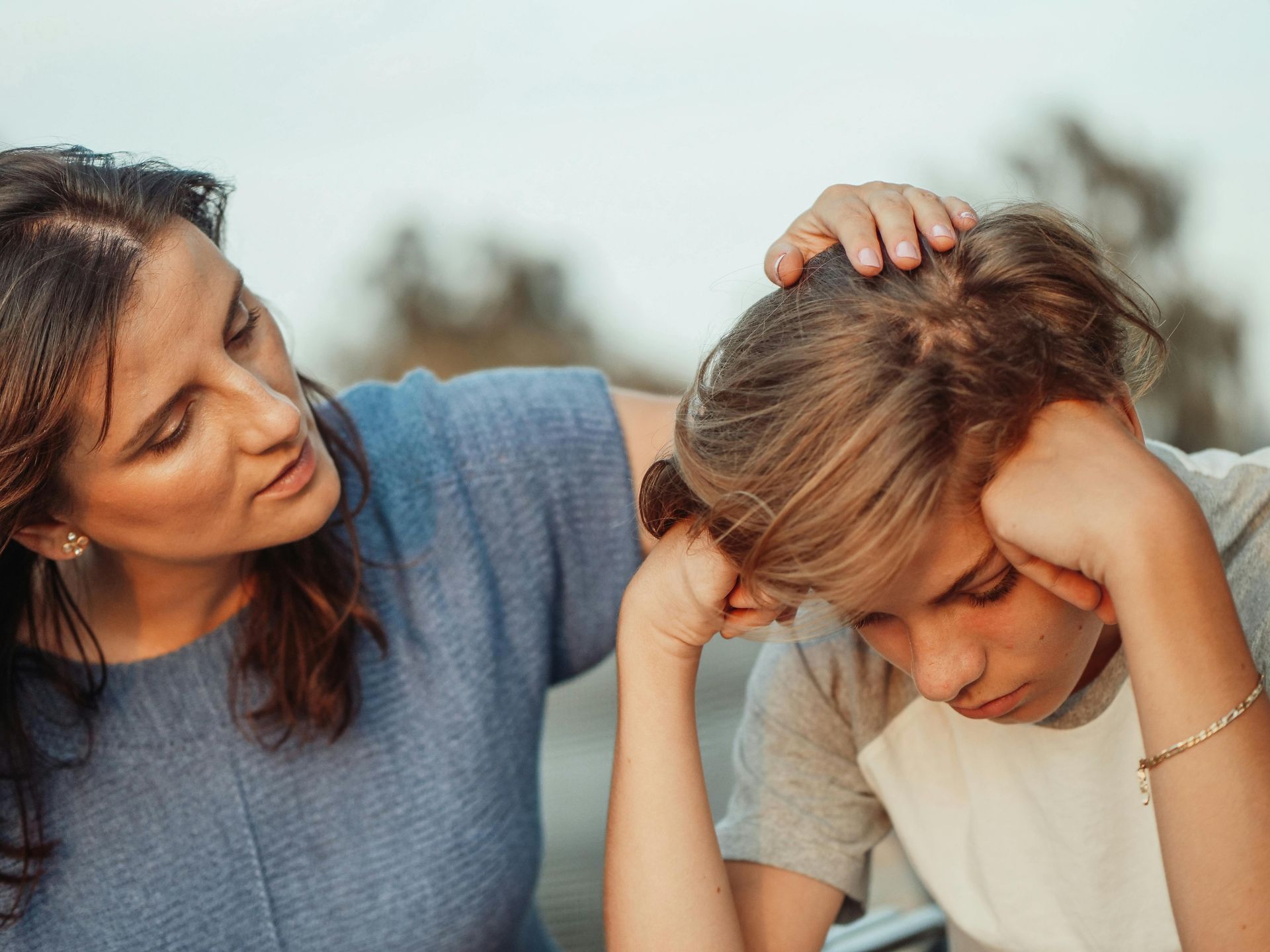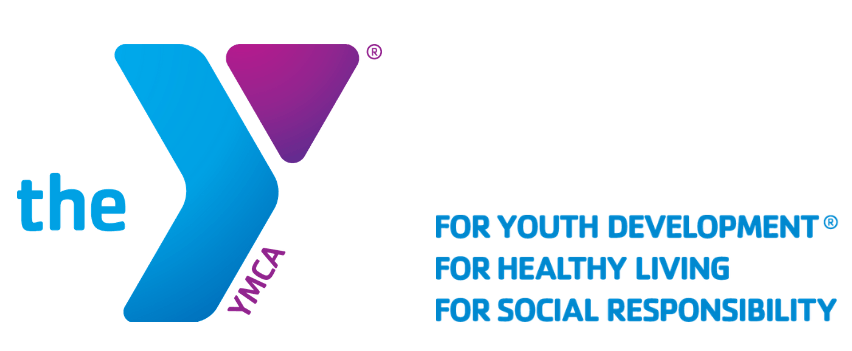CHILD PROTECTION
CHILD PROTECTION
At the YMCA of the Capital Area, it is our most important work to create safe spaces for children and teens to play, to learn, to be healthy, to discover who they are and what they can achieve.
We are committed to doing everything we can to protect children physically and emotionally. This means educating ourselves and our community about child abuse and how we can work together to stop abuse.
FACTS ABOUT CHILD SEXUAL ABUSE
The Facts about Child Sexual Abuse
- 1 in 10 children are sexually abused before their 18th birthday.
- 60 million adult survivors of childhood sexual abuse are walking among us; 80 percent never reported their abuse.
- In 90% of cases, the child knows and trusts the abuser.
- More than 70% of children who are sexually abused are abused by a peer.
- Survivors of child sexual abuse have a higher likelihood of psychological disorders, excessive drug and alcohol use, eating disorders, suicidal tendencies, and violence.
- Approximately 30% of children who are sexually abused are abused by family members.
- False reports are rare. Research shows that less than 5% of child sexual abuse reports are fabricated.

KNOW
KNOW how to recognize boundary violations and how offenders operate. It’s up to us as adults to do all we can to prevent child sexual abuse and create safe environments for children. Teaching children about their bodies, recognizing warning signs, and responding to any concerns are important first steps. Even very young children can learn some skills to help keep themselves safe from sexual abuse, but it’s up to parents to help them learn what they need to know. Here are some important things you can teach that will help you help your child stay safe.

SEE
SEE. Keep your eyes and ears open for signs of abuse and talk with your child, asking them about your concerns. If something is wrong, you may see a sudden change in your child’s behavior, or you may hear unusual comments. If you see or hear these things, follow up. Find a relaxed time to talk with them.

RESPOND
RESPOND. If you see warning signs from your child or adult, or you hear about something that sounds like abuse, report it immediately. If your child tells you about sexual abuse or inappropriate behavior, here’s how to react. Your response plays a big role in how your child understands abuse and how he/she recovers.
- Stay calm.
- Comfort your child.
- Listen carefully.
- Ask for examples.
- Do not threaten or criticize the person your child is accusing.
Learn more about the State of Louisiana's guidelines for child protection:
See something suspicious? Report it below:

